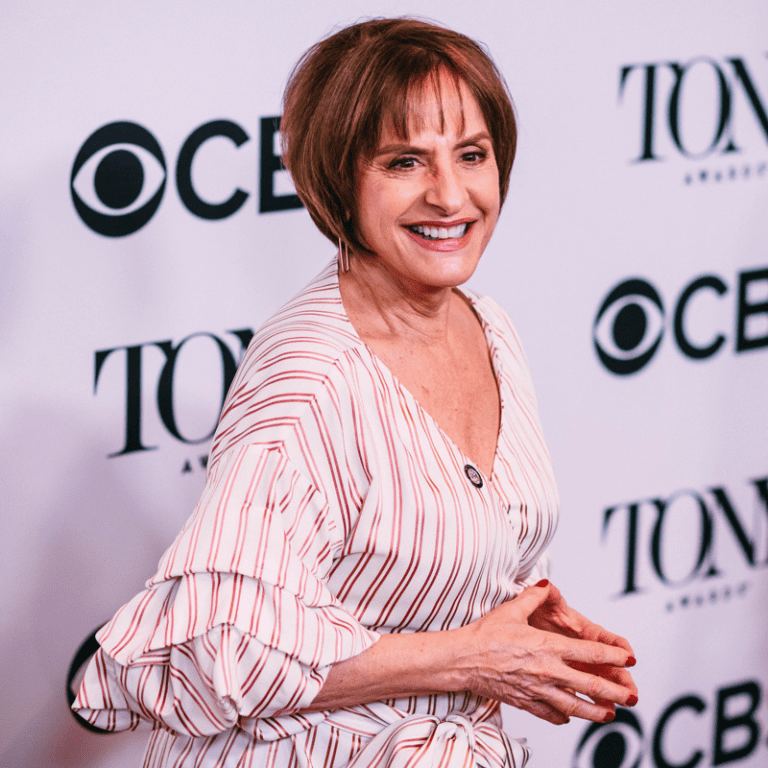There are performers who can hold a note, and then there are artists who hold an audience in the palm of their hand before the music even begins. Patti LuPone belongs firmly in the second category. Her presence hits like a sudden gust of wind on a quiet night—unexpected, powerful, and impossible to ignore. With her signature golden curls, fiery stage energy, and a soprano voice that can shift from a delicate whisper to a roof-shaking belt, she has defined what it means to be a Broadway diva for over five decades.
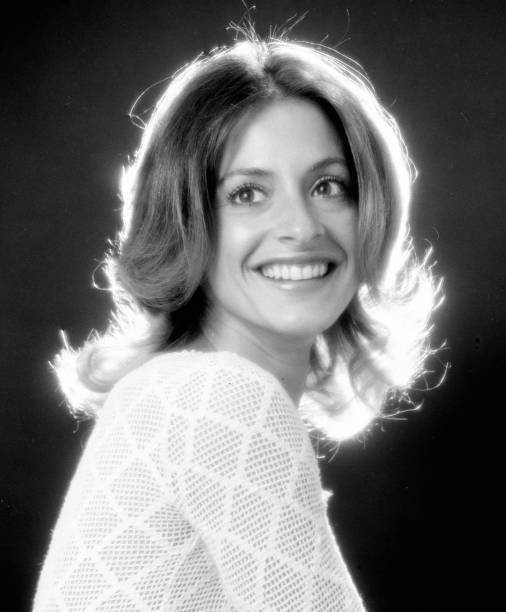
Roots on Long Island and a Family Steeped in Music
Born on April 21, 1949, in Northport, New York, Patti grew up in a household where education and music intertwined seamlessly. Her father, Orlando, was a school principal, and her mother, Angela, a librarian with Sicilian roots, instilled a love for opera and performance. Music ran in her blood—her great-great-aunt, Adelina Patti, was a legendary opera soprano.
Alongside her twin brothers, Patti formed the “LuPone Trio,” performing locally and turning their home into a lively rehearsal space. These early experiences not only showcased her dramatic flair but also built the resilience she would later need to thrive in the competitive world of theater. When her parents divorced, she learned to channel personal hardship into strength—a quiet grit that would define her iconic performances.
Video : Anything Goes | 1988 Tony Awards
Juilliard and the Birth of a Star
Determined to pursue her passion, Patti entered the first class of Juilliard’s Drama Division in 1968, studying alongside future stars like Kevin Kline and David Ogden Stiers. She trained in everything from Shakespearean drama to contemporary plays, honing her craft with discipline and fearlessness. By 1972, she graduated with a Bachelor of Fine Arts, equipped with both technical mastery and the commanding presence that would become her signature.
That same year, she joined John Houseman’s The Acting Company, touring the U.S. in productions like The School for Scandal and The Beggar’s Opera. These grueling tours taught her the realities of theater life: long bus rides, rapid costume changes, and the raw thrill of live audiences. Her Broadway debut came in 1973 with Chekhov’s Three Sisters, earning praise as the sensitive Irina—a quiet first act for a career destined to ignite.
Breakthrough Roles That Made Broadway History
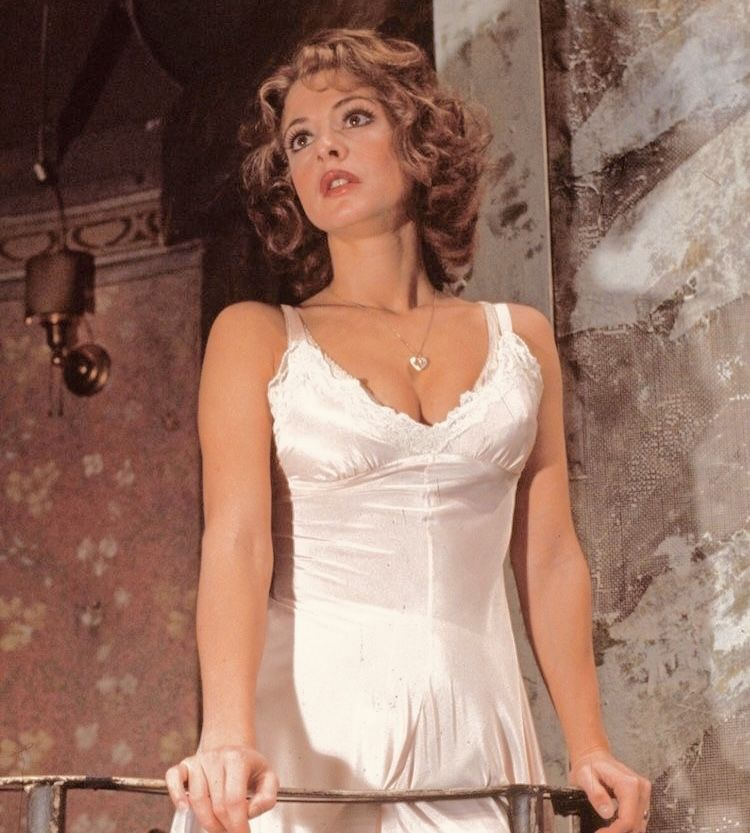
Patti’s meteoric rise came in 1979 when she was cast as Eva Perón in Andrew Lloyd Webber’s Evita. Her fearless portrayal transformed the role into a cultural phenomenon, and when she sang “Don’t Cry for Me Argentina,” it was more than performance—it was pure Broadway power. This role earned her first Tony Award and cemented her as one of the most magnetic leading ladies of the era.
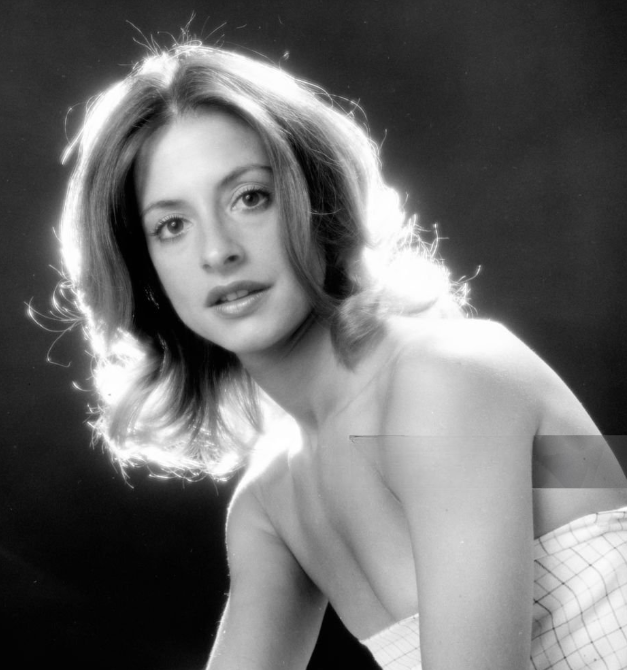
Her range shone in London’s West End as Fantine in Les Misérables, conveying heartbreak and vulnerability in “I Dreamed a Dream.” She later tackled Sweeney Todd as Mrs. Lovett, displaying both comedic timing and powerhouse vocals. In 2008, her portrayal of Mama Rose in Gypsy earned a second Tony, solidifying her status as Broadway royalty. Over decades, she has added multiple Tony Awards, Olivier Awards, and Drama Desk honors, proving her artistry resonates worldwide.
Stealing Scenes on Screen

Though theater is her home, Patti’s talents effortlessly transition to film and television. She shined in Witness (1985) with Harrison Ford and charmed audiences in State and Main (2000). On television, her roles in Life Goes On, Frasier, 30 Rock, American Horror Story, Pose, and Penny Dreadful have all demonstrated her versatility. Her recent performance in Netflix’s Hollywood further proved her ability to command attention on any screen, blending intensity with wit.
Personal Life and a Grounded Spirit
Video :Patti LuPone EPIC “Don’t Cry for Me Argentina”
Away from the spotlight, Patti leads a rich, balanced life. She married cameraman Matthew Johnston in 1988, and their son Joshua was born in 1990. Between homes in Connecticut and South Carolina, she enjoys gardening, cooking, and spending time with family and close friends. Her 2010 memoir offers a candid glimpse into her professional triumphs, creative clashes, and advocacy work. She has been a vocal supporter of the arts and LGBTQ+ causes, showing the same courage offstage that defines her performances.
Still a Force in the 2020s
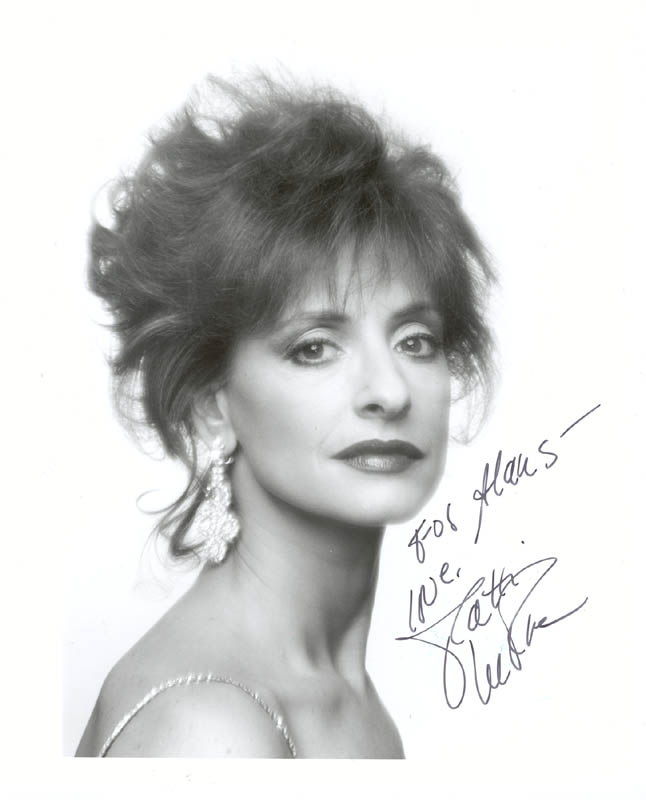
Even in her seventies, Patti shows no signs of slowing down. In 2025, she continues to take on high-profile theatrical productions and concert tours, thrilling audiences and challenging herself with every role. Her voice remains as commanding as ever, and her stage presence captivates like it did during her breakthrough as Eva Perón. Each new performance demonstrates that true artistry only deepens with time, proving she is not just enduring but evolving.
Conclusion
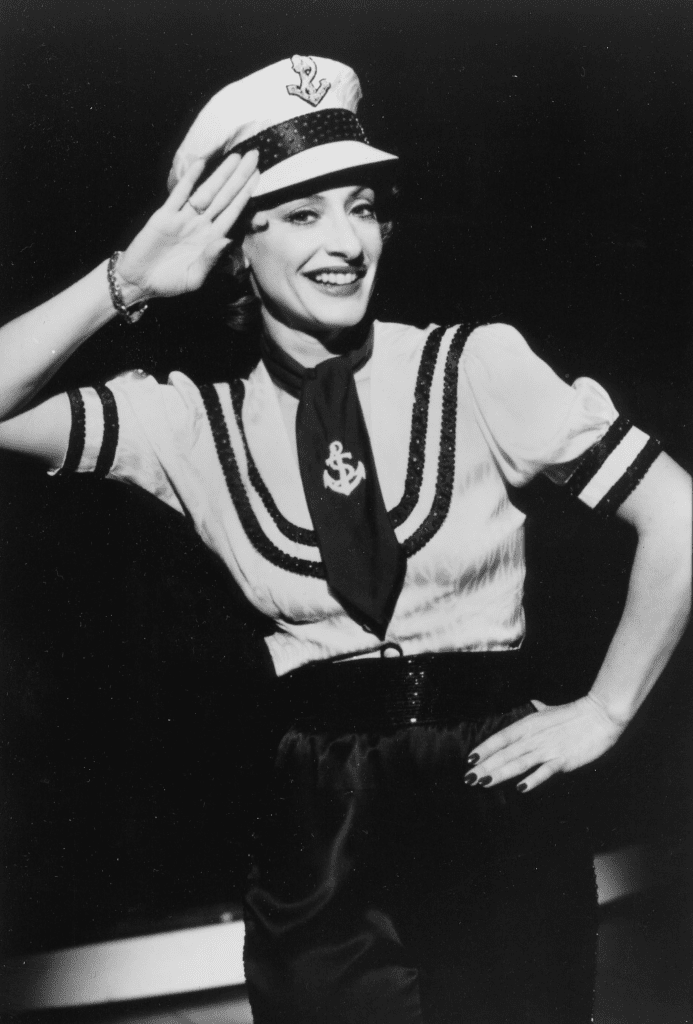
Patti LuPone’s journey from a music-filled Long Island home to the bright lights of Broadway and beyond is a testament to talent, resilience, and passion. She has turned every stage she steps onto into sacred ground, thrilling audiences with performances that are both monumental and deeply personal. Her legacy is more than awards or iconic roles—it is the rare ability to make theater feel grand yet intimate. Decade after decade, Patti LuPone remains Broadway’s shining beacon, proving that true brilliance never fades—it only grows more radiant.
